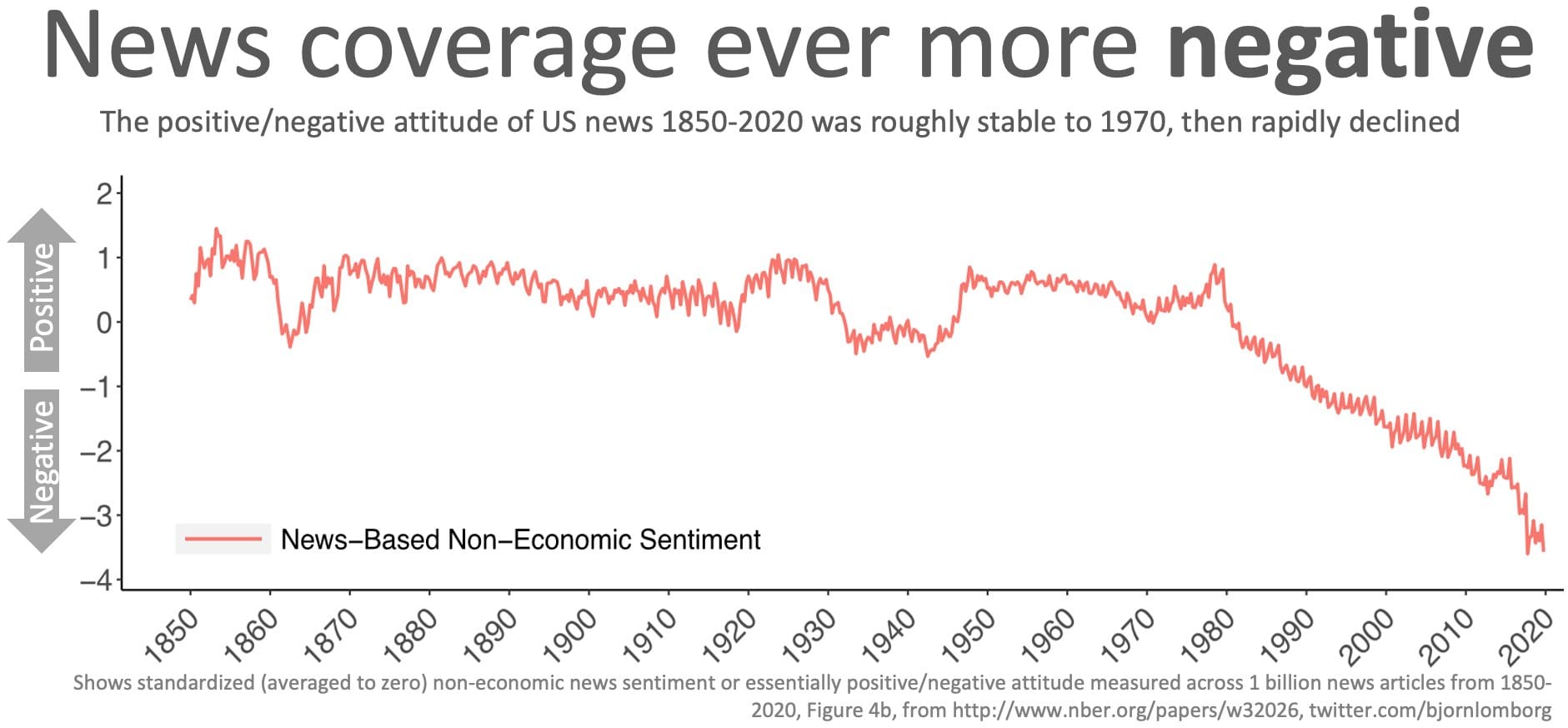
💡 Musings of the Angry Optimist: Electric cars are terrible in cold weather! Or are they?
Up to 1,000 cars were stuck for at least 24 hours, during a snow storm. Immediately prejudices about electric cars started to spread.
Share this story!
My thoughts, tips, and other tidbits that I believe are suited for a fact-based optimist. This newsletter is for you who are a Premium Supporter at Warp News. Feel free to share it with friends and acquaintances.
🥶 Everyday pessimism
After the New Year, it was really cold in Sweden. 20-25 degrees below zero (4-13 °F.) Moreover, there was a strong wind, which caused a total stop on a highway in southern Sweden. Up to 1,000 cars were stuck there, and some people sat in their cars for over a day.
The cold and traffic chaos led to many people spouting prejudices about how electric cars handle the cold. A so-called expert, Carl-Erik Stjernvall from M Sweden, told Swedish Public Television, that an electric car with a quarter charge lasts "a couple of hours" stationary, while a gasoline car with a quarter tank lasts 30 hours.
According to a test, electric cars can handle about 10 degrees below zero, with a heat pump around 15-17 hours of idling per 10 kWh battery. Without a heat pump, it's about 6-8 hours.
A Kia e-Niro with a 68 kWh battery and a quarter charge would thus manage to stay stationary in a queue at 10 degrees below zero (14°F), with 21 degrees Celsius (70°F) inside the cabin, for about 25-30 hours.
A car tester in Arjeplog, close to the Arctic Circle, told Di that "electric cars are superior in cold weather." He points out that an electric motor always starts, the electric car warms up very quickly, and the anti-spin systems react faster in an electric car, which is an advantage on winter roads.
"We had 39 degrees below zero (-38°F) here this morning. My wife's diesel car had to stay put, and I drove her in the electric car," he says to Di.
The major drawback of electric cars in the cold is the reduced range. When it's really cold, you also want to have a significant margin in case you get stuck somewhere. Then you have to charge more than usual, which takes time on long trips.
I can understand where the concern comes from. A couple of years ago, my family and I were stuck in a traffic jam for several hours in the summer. It was really warm outside, so the air conditioning was running at full blast. I was quite surprised to see that it hardly affected the energy consumption. The battery percentage barely decreased while we waited.
Just because it's an electric car, one feels it should consume more. If you think about it, you realize it's not the case, but I understand the feeling. However, this does not excuse a so-called expert, like Carl-Erik Stjernvall, from being so completely wrong.
Mathias Sundin
The Angry Optimist
❗ More from the Pessimists Archive
Surprised! Not.

Recently, I decided I wanted to read every page of one of my favorite websites, @OurWorldInData.
— Boyan Slat (@BoyanSlat) January 13, 2024
I’m about halfway now.
Here are the 30 most surprising things I’ve learned about the world so far! 🧵
The world's oldest recipe is not from Homo Sapiens, but from Neanderthals. How long until we see the Neanderthal diet? Or lose weight with 70,000-year-old flatbread?


By becoming a premium supporter, you help in the creation and sharing of fact-based optimistic news all over the world.


